What exactly is social jet lag? And how can I avoid it?
Like regular jet lag, but without the vacation
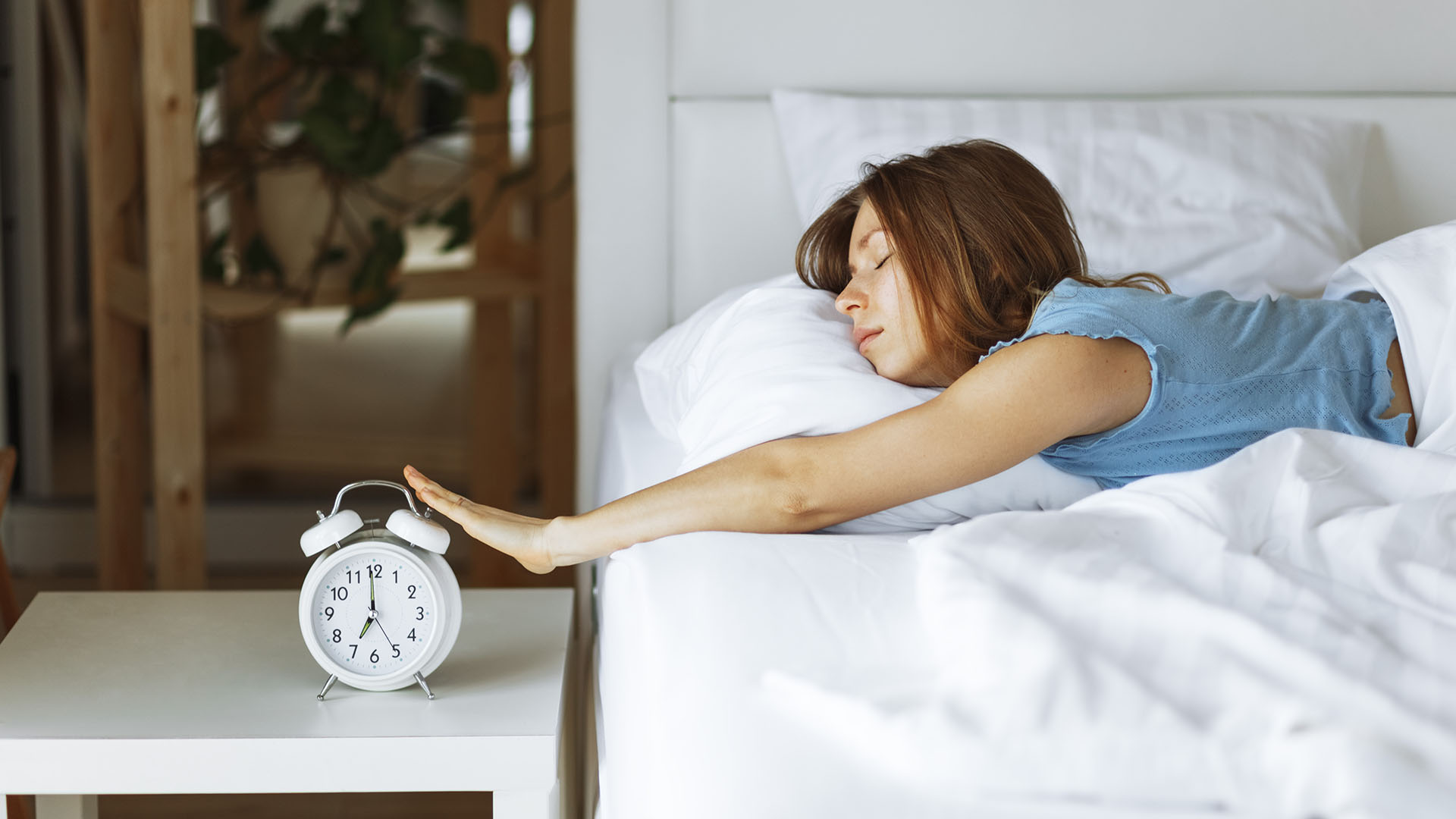
Sign up for breaking news, reviews, opinion, top tech deals, and more.
You are now subscribed
Your newsletter sign-up was successful
It goes like this: Monday to Friday, you go to bed at 10pm and wake up at 7am. Then – yay! – the weekend arrives and you don't have to be up for work. No wonder you don't make it to bed until 1am, and with nowhere to be the next day, of course you deserve a lie in until 10am. But when that 7am start inevitably rolls back around, you feel like you've barely rested. You slept well all weekend, so why is Monday morning such a drag?
This is known as social jet lag, and it's that tiredness you get when your internal sleep cycle is out of sync with your actual sleep patterns. It feels very similar to travel jet lag – when your body clock doesn't match the time – but at least with travel jet lag, you get a vacation. With social jet lag, you just get a rough start to the working week.
While having the best mattress and the right sleep setup can improve your nights no matter when you finally drift off, when it comes to social jet lag, a consistent routine change is the best fix. In this guide, we'll explore what social jet lag is, how it might effect you, and what you can do to address the problem.
What is social jet lag?
At a basic level, social jet lag (SJL) refers to the feeling of tiredness we experience when our internal sleep schedule and our actual sleep schedule don’t match. These differing sleep cycles throw off our circadian rhythms, leading to that same groggy and tired feeling you’re likely to experience when you switch to a different time zone.
Our circadian rhythm works over a 24-hour period, and it dictates when we feel sleepy and when we feel awake. When we experience social jet lag, it’s often because we aren’t following the signals of our circadian rhythm, instead falling asleep at what our body clock believes is the wrong time.
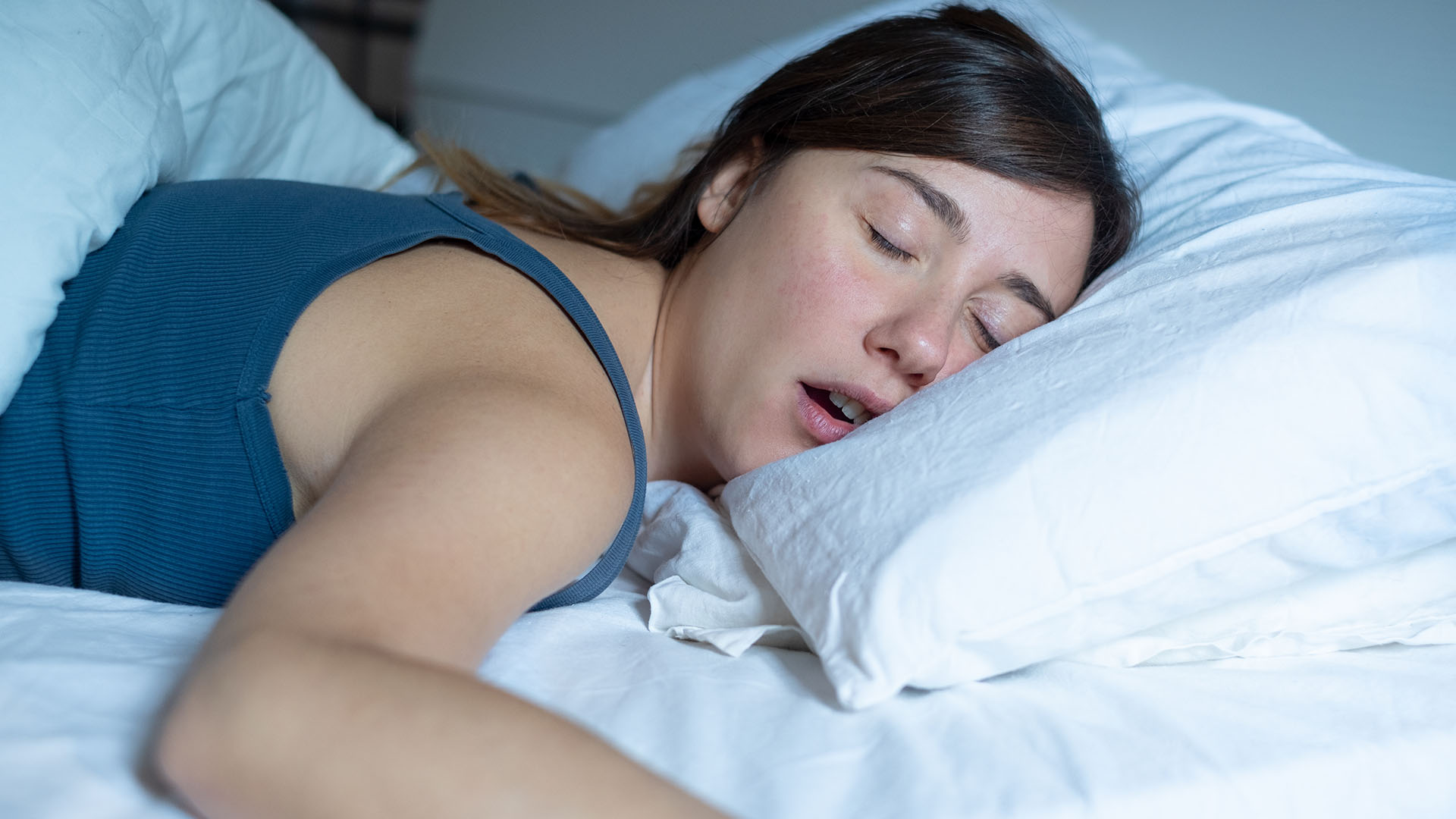
Many factors can cause social jet lag, but it’s often the result of having two mismatched sleep schedules: one for weekdays and one for the weekend. These sleep times can often differ by over an hour, leaving our body confused about exactly when it's meant to be going to bed.
The term ‘social jet lag’ was coined in 2006 by German researchers. It refers to the similarities the phenomenon has to travel jet lag – in both scenarios, our internal body clock is out of alignment with the times we’re actually going to sleep and waking up.
What can cause social jet lag?
Social jet lag occurs when our circadian rhythm and sleeping patterns are out of sync. This can happen for a few reasons:
Different sleep schedules during the week and weekend
For many of us, the weekend is a chance to have a lie-in, take things a little slower, and stay up that bit later. It might not seem like much of a change, but this is one of the main causes of social jet lag. Think of it like this: if you spent the week working in New York, then flew to Los Angeles for the weekend, you’d probably be feeling very, very tired when Monday rolled around.
Sign up for breaking news, reviews, opinion, top tech deals, and more.
Working different shifts
Shift working often means changing hours – one day you might start mid afternoon, but a few days later you’re working first thing in the morning. These changing shifts can make it hard for your body to develop a regular sleep pattern, and studies have linked this disturbance to poor health.
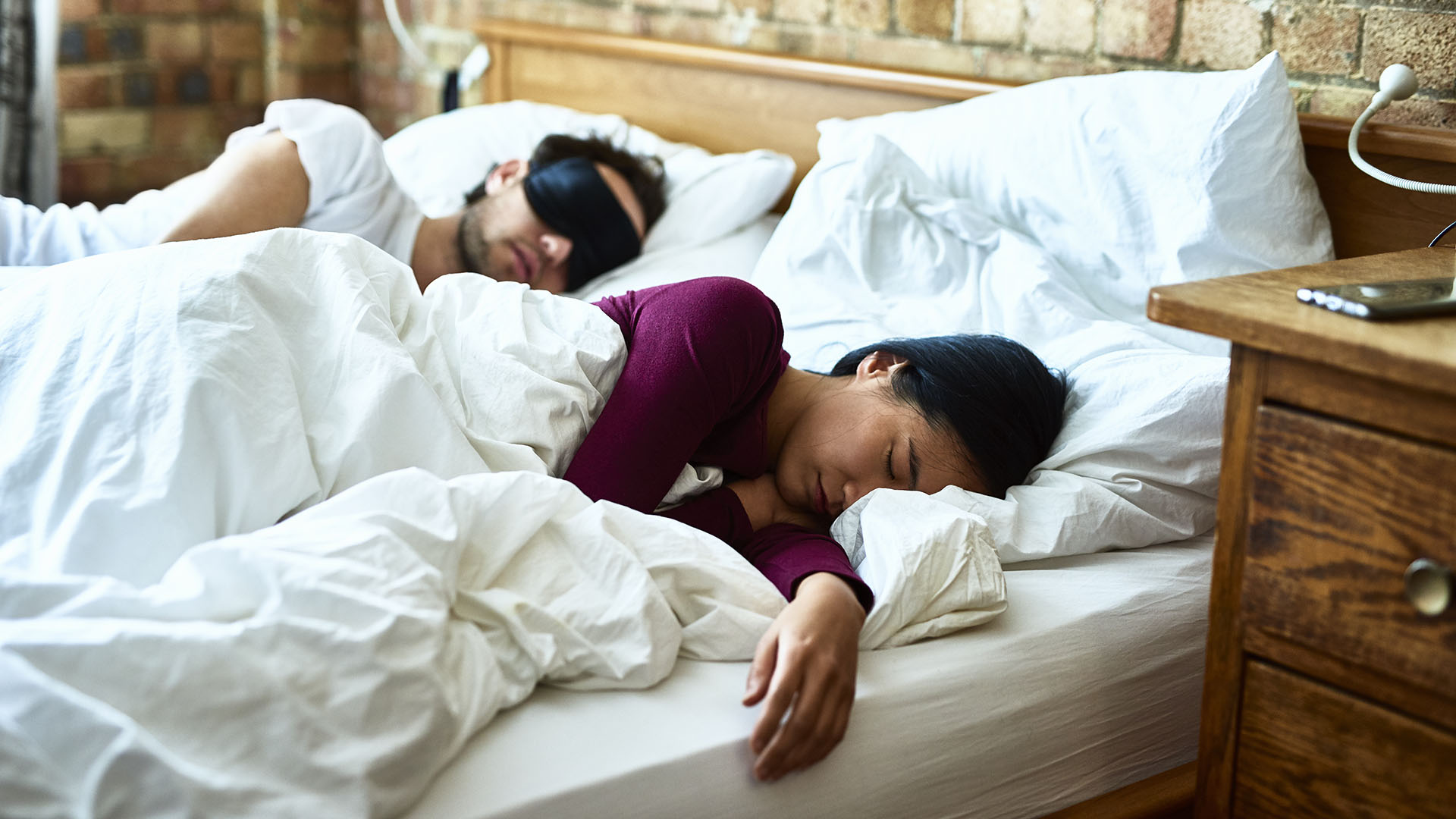
A mismatch between wake times and sleep chronotype
Your sleep chronotype refers to the sleep schedule your body naturally falls into. When your sleep patterns don’t match your sleep chronotype (often the result of being expected to work at certain times), you might find yourself suffering from social jet lag. Studies have shown that those with night and evening chronotypes are more likely to feel the effects of social jet lag.
What are the short-term effects of social jet lag?
A few late evenings at the weekend might not seem like very much, but your body clock can take note of the difference, leading to immediate effects from social jet lag. In the short-term, you might experience:
Sleep inertia
You know that groggy feeling when you wake up and you’re not sure what’s going on? This is known as sleep inertia, and when you’re struggling with social jet lag, it can become even more pronounced. That can make it very hard to get out of bed.
Tiredness during the day
Missing out on sleep due to social jet lag can leave you feeling tired throughout the day. And when it happens consistently, you might find yourself struggling with sleep debt – the cumulative effect of regularly missing out on sleep.
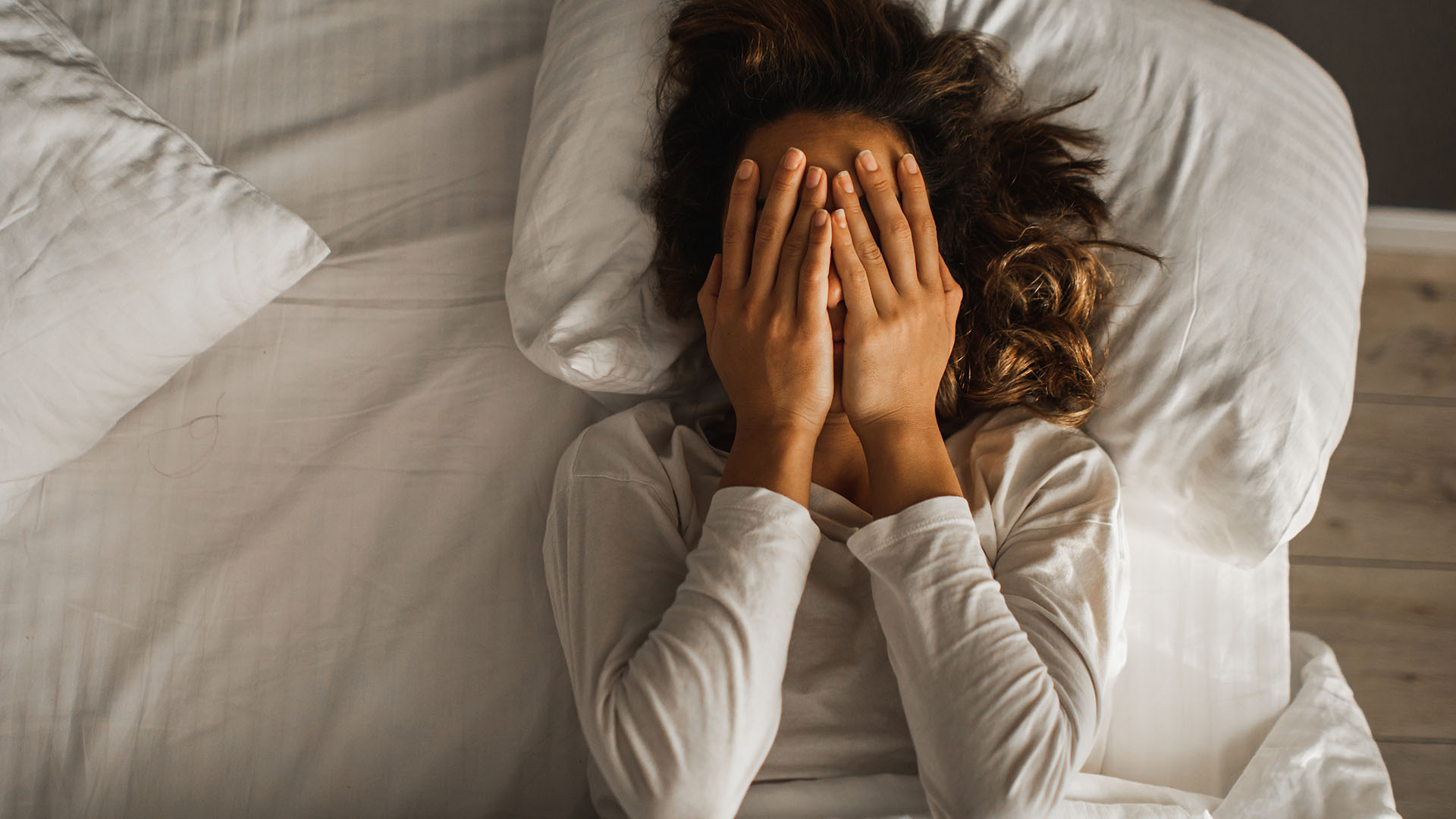
Longer to fall asleep
Sleep onset latency (SOL) refers to the time it takes between turning off the lights and actually falling asleep. Even though sleep inertia has left you feeling very worn down, you might discover it also makes it harder to sleep when tired, as your body clock isn’t aware it’s time to go to bed.
Irritability, mood swings, and poor performance
Poor sleep will often put us in a bad mood, and it can also potentially lead to performing worse at work. Studies indicate that this might be a particular problem for adolescents, who can suffer significantly from social jet lag because they require more sleep than adults. (Learn more about how much sleep we need as we age here.)
What are the long-term effects of social jet lag?
As social jet lag is often caused by our daily routine, it's rarely a passing problem. The repeated mismatch between your natural sleep cycle and your actual sleep terms can have a strong effect on both your physical and mental wellbeing, leading to long-term issues such as:
Depression
In the short-term, bad sleep can have a pretty disruptive effect on our mood. In the long-term, studies have shown that repeated exposure to social jet lag can lead to an increased risk of developing depression.
Sleep apnea
Sleep apnea is a medical condition in which your breathing stops and starts when you sleep. A lack of sleep caused by social jet lag has potentially been linked to increased inflammation in those suffering from obstructive sleep apnea.

Weight gain
When we're feeling tired, we often crave comfort food, instead of the healthy diet that's best for your sleep. Increased social jet lag has been linked to weight gain, with multiple studies (like this study from 2022, and this study from 2020) observing a direct link between SJL and weight gain.
Poor gut health
Social jet lag can really have a ripple effect throughout the body, affecting all areas of your wellbeing. If you think you're suffering from social jet lag, you might need to listen to your gut – a study has identified SJL as a potentially leading to a disadvantageous gut biome.
How to deal with social jet lag
Studies indicate that close to 50 per cent of us might be suffering from social jet lag. While it's not an easy fix, there are things you can do to limit the effect social jet lag has on your life.
1. Identify your sleep chronotype
If you want to match your circadian rhythm to your actual sleep patterns, you need to work out what time your body wants to go to sleep. The easiest way to experiment is to listen to your body – when do you feel tired, when do you wake up without an alarm? Alternatively, the Center for Environmental Therapeutics has an in-depth Morning-Evening Questionnaire that can help you learn your sleep style.
2. Keep to your weekday sleep patterns on the weekend
No one really wants to hear it, but if you’re struggling with misaligned sleep patterns, this is an easy way to get them back in line. Create a bedtime routine to help you wind-down on those weekend evenings when you’re perhaps not quite ready for bed just yet.
3. Get lots of light during the day
Our circadian rhythm is closely linked to how much light we’re exposed to. Light is an important tool in overcoming travel jet lag (the sun rising and setting helps your body recognize it’s in a different timezone), and you can also use it to fight social jet lag. Introduce lots of light to your mornings, so your body knows it’s time to get up.
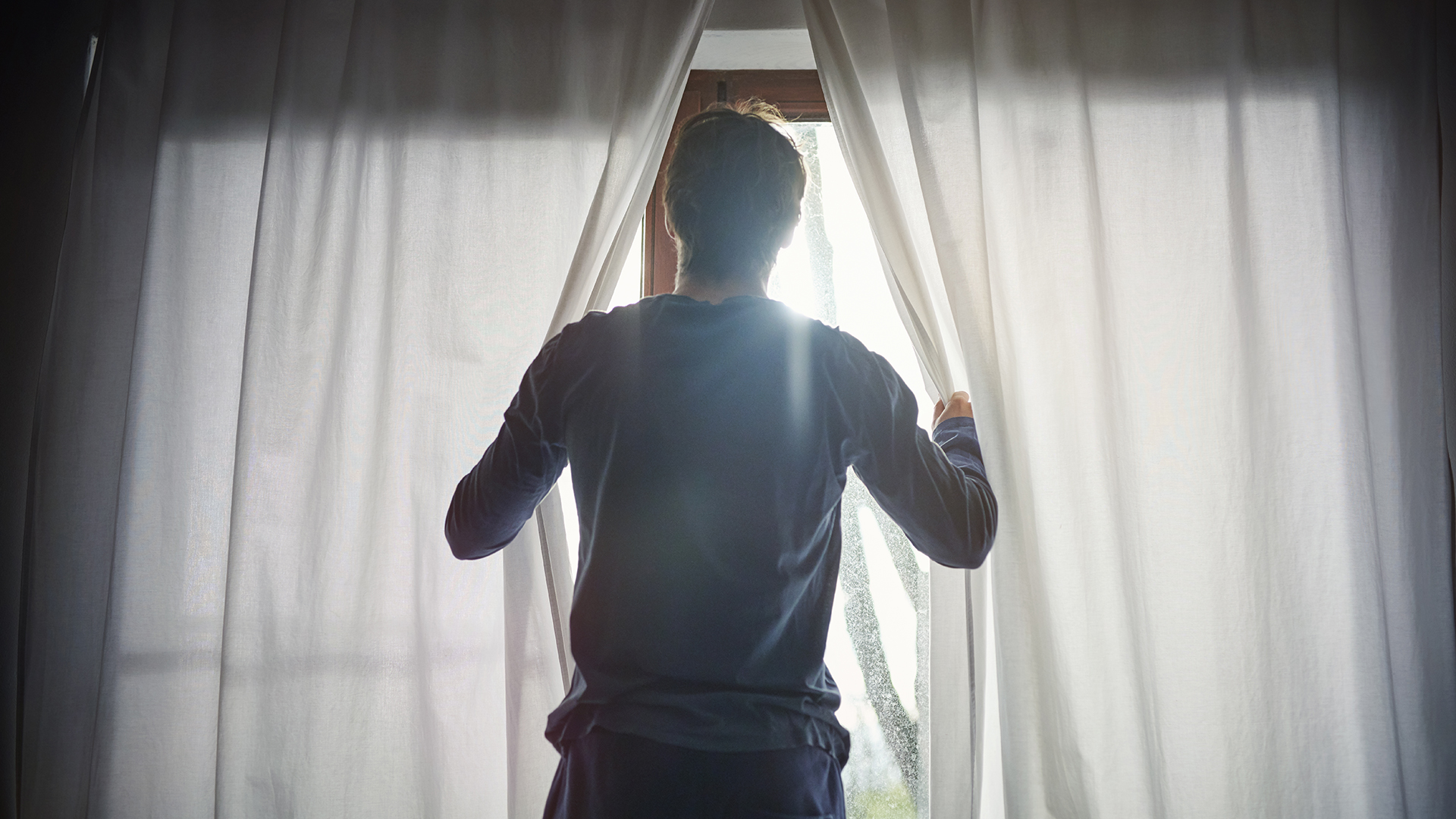
4. Get moving
Consistent exercise can improve your sleep, helping your body clock and circadian rhythms learn when to be awake and when to start winding down. And while we tend to assume you should stop exercising before bed, low intensity exercise in the evening can be good for helping you drift off.
5. Consider different working hours
We get that this isn't an option for everyone. But flexible working is becoming more common nowadays, allowing people to choose working hours that work for them (pun intended). If you’re not sure if your workplace allows you to change your hours, ask – your employer may have flexible working policies you were unaware of, or they might be willing to put them into place. Explain that shifting your work schedule is likely to result in a higher output from you, as you’ll be feeling more awake.

Ruth is TechRadar’s Sleep Writer. She’s here to help you find the perfect sleep setup for your budget and personal preferences. As well as keeping a keen eye on everything that’s going on in the world of mattresses, she regularly speaks to experts to help you learn how to improve your sleep habits, whether that’s by debunking sleep myths or explaining the science behind it all. Prior to joining the TechRadar team, she wrote features and product guides for new parents hoping to get a decent night's sleep, as well as writing for a variety of online spaces.